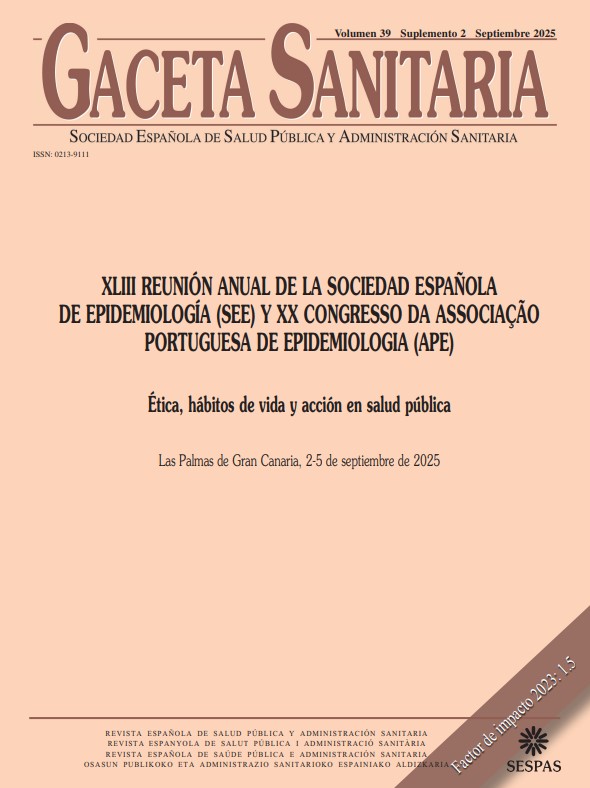465 - MULTIPLE MEASURES OF SOCIAL ISOLATION AND HEART DISEASE AND STROKE AMONG OLDER ADULTS: A STUDY IN THE EPIPORTO COHORT
Escola Superior de Saúde da Cruz Vermelha Portuguesa; EPIUnit-Instituto de Saúde Pública da Universidade do Porto; Laboratório para a Investigação Integrativa e Translacional em Saúde Populacional; São João de Deus School of Nursing; Comprehensive Health Research Center-University of Évora; Departamento de Ciências da Saúde Pública e Forenses, e Educação Médica da Faculdade de Medicina da Universidade do Porto.
Background/Objectives: The global population is aging rapidly, with cardiovascular disease remaining the leading cause of mortality worldwide. As a result, the number of older adults living with heart disease or stroke (HDS) is increasing. Social isolation has been linked to the prevalence of these conditions, but the relationship remains underexplored, particularly when social isolation is measured using multiple dimensions. This cross-sectional study aimed to understand how different measures of social isolation intertwine with HDS.
Methods: We analysed data from 676 older adults from the EPIPorto cohort evaluated in 2017. Social isolation was measured through living alone, leisure activities (time spent with family, looking after grandchildren, participating in social activities such as being with friends, religious activities, activities outside the house such as going to the cinema or the theatre, doing physical exercise, travelling, volunteering), and perceived social support. HDS was considered present when participants answered positively to at least one of these questions: “Currently, do you have cardiac problems (including angina pectoris, acute myocardial infarction, heart failure)?” and “Have you ever had a thrombosis or stroke?”. Unconditional logistic regression models were fitted and adjusted odds ratio (OR), with the respective 95% confidence intervals (95%CI) were computed. Models were progressively adjusted for biological, social, and health variables as covariates.
Results: In the study sample 165 participants (24.3%) were diagnosed with HDS. These individuals were older, more often widowed, with a worse self-perception of their health and with a higher probability of having more than two other conditions beyond HDS. In the regression analysis, low perceived social support from friends was associated with an increased risk of HDS (OR = 1.67; 95%CI: 1.03-2.74). Conversely, participation in outside the house activities and traveling were linked to a reduced likelihood of HDS (OR = 0.56; 95%CI: 0.36-0.87 and OR = 0.64; 95%CI: 0.43-0.94, respectively).
Conclusions/Recommendations: These findings underscore the importance of using multiple measures of social isolation and highlight how perceived social support from friends, as well as participation in outside-the-house activities, traveling, may be potentially beneficial to lower the likelihood of HDS among older adults.















